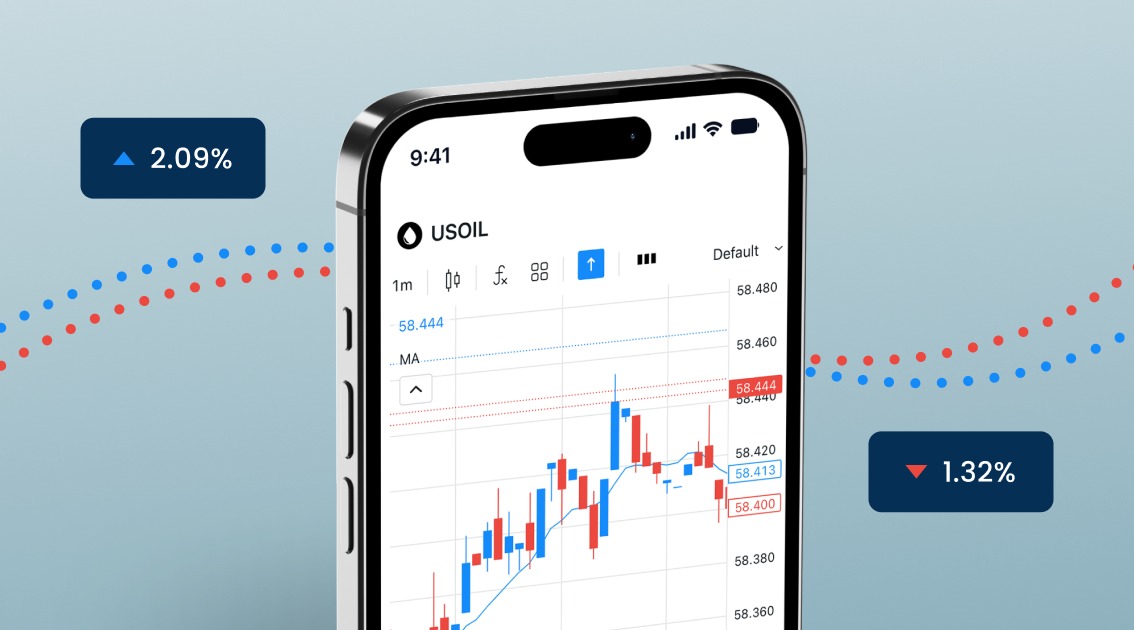Online payments have become increasingly important in today's digital age for both businesses and consumers. Accepting and processing online payments, on the other hand, can be a complicated and time-consuming process.
Payment aggregators play an important role in streamlining online payments and making the process more efficient for everyone involved. In this article, we will look more closely at the role of payment aggregators and highlight some of the key benefits they provide.
What Are Payment Aggregators?
Companies that provide a platform for businesses to accept and process online payments are known as payment aggregators.
They act as a go-between for businesses and payment processors, making the process of accepting and processing payments easier. Payment aggregators provide a variety of services, such as payment gateway integration, fraud detection and prevention, reporting, and analytics.
Payment Aggregators' Advantages
Payment aggregators provide numerous advantages to businesses looking to accept online payments. Among the many advantages are:
Integration Has Been Made Easier
Payment aggregators simplify the integration process, allowing businesses to accept online payments with ease.
They offer a variety of integration options, such as API integration, hosted payment pages, and shopping cart plugins, making it simple for businesses to select the option that best meets their requirements.
Various Payment Options
Payment aggregators accept credit cards, debit cards, as well as alternative payment methods, such as PayPal, Apple Pay, and Google Pay.
This means that businesses can provide a variety of payment options to their customers, improving the customer experience and increasing the likelihood of conversion.
Enhanced Security
Payment aggregators provide advanced fraud detection and prevention measures, lowering the risk of chargebacks and fraud. They also adhere to industry standards and regulations such as PCI DSS, which ensures that businesses process payments in a secure and compliant manner.
Reporting and Analytics
Payment aggregators enable businesses to track sales, revenue, and customer behavior through detailed analytics and reporting. This information can be used to optimize business operations and the online payment process.
Cost Savings
Payment aggregators provide a low-cost solution for businesses that want to accept online payments. They frequently charge lower transaction fees than traditional payment processors and do not necessitate the purchase of expensive hardware or software.
Why Payment Aggregators Simplify Online Payments
Payment aggregators are critical to streamlining online payments and making the process more efficient for both businesses and consumers. Payment aggregators help to streamline online payments in a variety of ways, including:
Payment Consolidation
Payment aggregators combine payments from various sources, making the process easier for businesses. Businesses can manage all of their online payments through a single platform rather than managing multiple payment channels and processors.
Enhancing Checkout
One-click checkout, guest checkout, and saved payment information are all options provided by payment aggregators. These options make it easier for customers to finish their purchases, lowering cart abandonment and increasing conversion rates.
Reduced Fraud
Payment aggregators use advanced fraud detection and prevention measures to reduce the risk of chargebacks and fraud. They also give businesses access to real-time fraud alerts and reporting, allowing them to detect and respond to fraudulent activity quickly.
Reconciliation Simplified
Payment aggregators make it easier to reconcile online payments by giving businesses access to detailed transaction information and reporting. This data can be used to reconcile transactions, track revenue, and spot anomalies.
Improving Customer Service
Payment aggregators provide a variety of payment and checkout options, which improves the customer experience and increases the likelihood of conversion.
They also provide access to detailed analytics and reporting, allowing businesses to better understand customer behavior and optimize their online payment process.
The Future of Payment Aggregators
The future of payment aggregators seems to be uncertain. They have the opportunity to adapt and survive, or they may be left behind as new technologies emerge and change the way people pay for things online.
Cryptocurrencies and Web3 will have a huge impact on the payments landscape. The first major change is that businesses will be able to accept cryptocurrency as payment, which will allow them to avoid paying fees for credit card transactions. This is especially important for small businesses that cannot afford expensive point-of-sale systems and would otherwise need to use cash or checks.
The second major change is that consumers will be able to use crypto wallets instead of credit cards when shopping online or in stores that accept crypto payments. This means they won't have to worry about losing their personal information through data breaches. Moreover, it means they won't need bank accounts anymore since these wallets can hold all kinds of different currencies such as USD Tether tokens (USDT)and Bitcoin (BTC).
How Crypto and Web3 Are on the Path to Make Payment Aggregators Obsolete
The payment aggregator model is built on a centralized system that relies on third parties to facilitate transactions. This means that there are several points of failure, and the fees associated with using these services can be quite high.
With crypto and Web3, users will be able to make payments directly from their wallet without having to go through any intermediaries. Since there's no middleman involved in the transaction process, they will effectively be able to save money by avoiding those hefty fees without having to worry about their sensitive data being exposed or stolen by hackers as it's encrypted on their computer instead of being stored in a third party server (like in someone else's database).
Can Payment Aggregators Find a Home in the Crypto Universe?
There are a still number of challenges that crypto and Web3 have to overcome.
The first is regulatory uncertainty. The current regulatory environment around cryptocurrencies is still very much in flux, and it's unclear whether these new technologies will be regulated as securities or commodities, or something else entirely. This uncertainty makes it difficult for companies to develop products that may eventually need to comply with new regulations (and potentially change course).
Secondly, there's a lack of education around crypto and Web3 among both consumers and businesses, which means that many people don't fully understand how they work or why they're useful.
With these two facts under consideration, payments companies which don't want to become obsolete might want to start thinking about how they can partner with the blockchain community.
There are many opportunities for strategic partnerships between traditional payment providers and crypto companies.
The first step is understanding your customers' needs and wants and aligning them with the value proposition of Web3 technologies like Ethereum or Bitcoin Cash (BCH).
Conclusion
Finally, payment aggregators play an important role in streamlining online payments for both businesses and consumers. Payment aggregators use advanced technology and expertise to simplify the payment process, improve security, and increase efficiency.
They offer a diverse range of payment options that cater to a wider audience by partnering with multiple payment processors, resulting in higher conversion rates and customer satisfaction.
Payment aggregators will remain an important component of online transactions as the e-commerce industry expands, assisting businesses to streamline their operations and expand their customer base.
Businesses must prioritize working with reputable payment aggregators to ensure seamless and secure payment experiences for their customers in order to remain competitive.

















